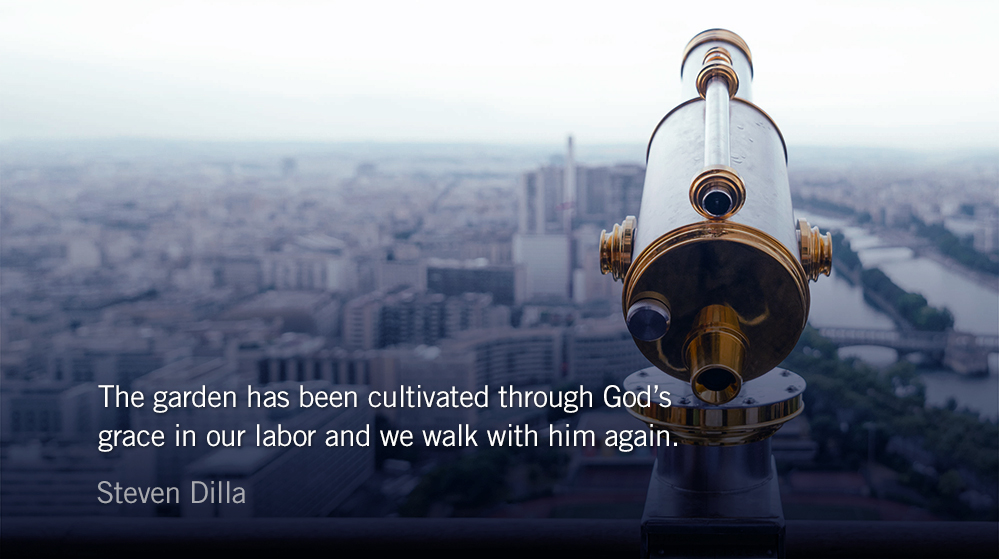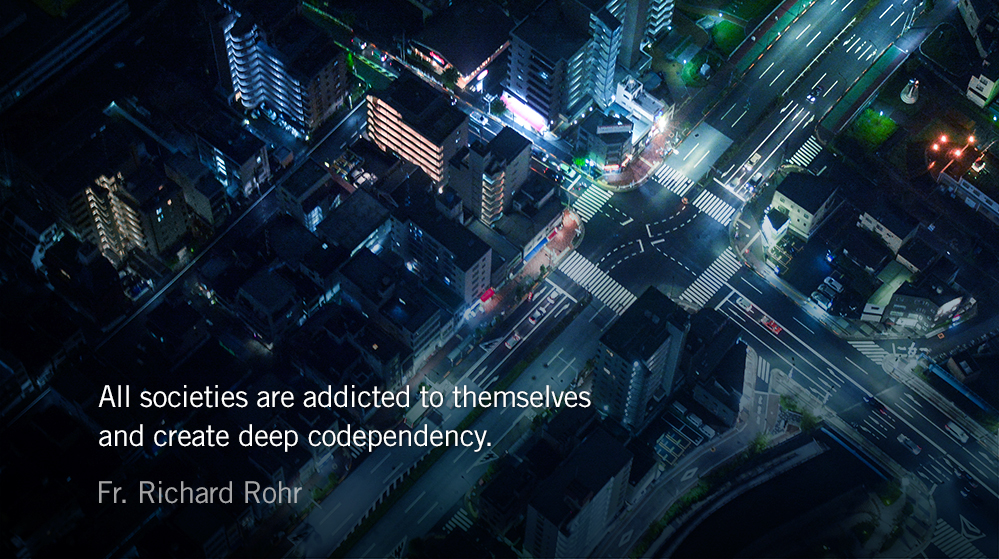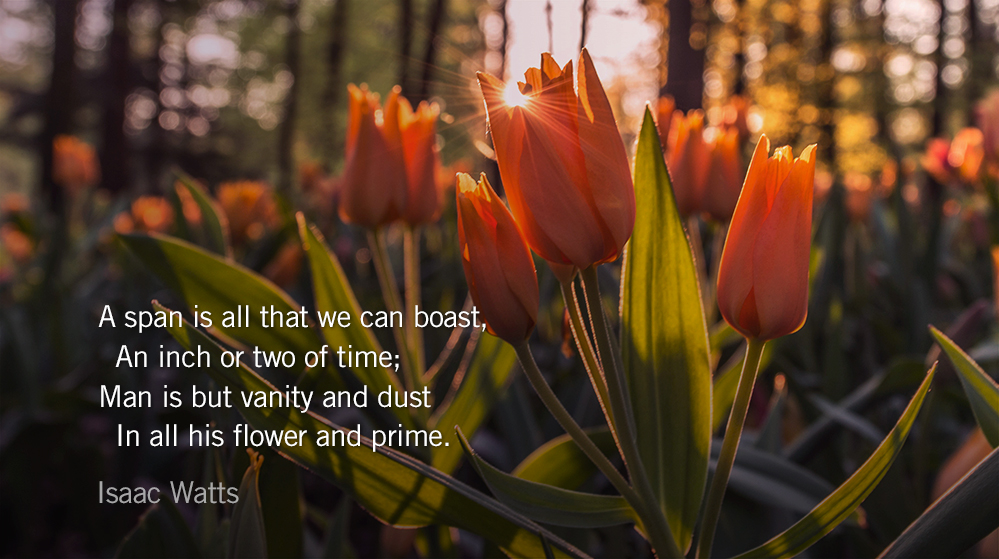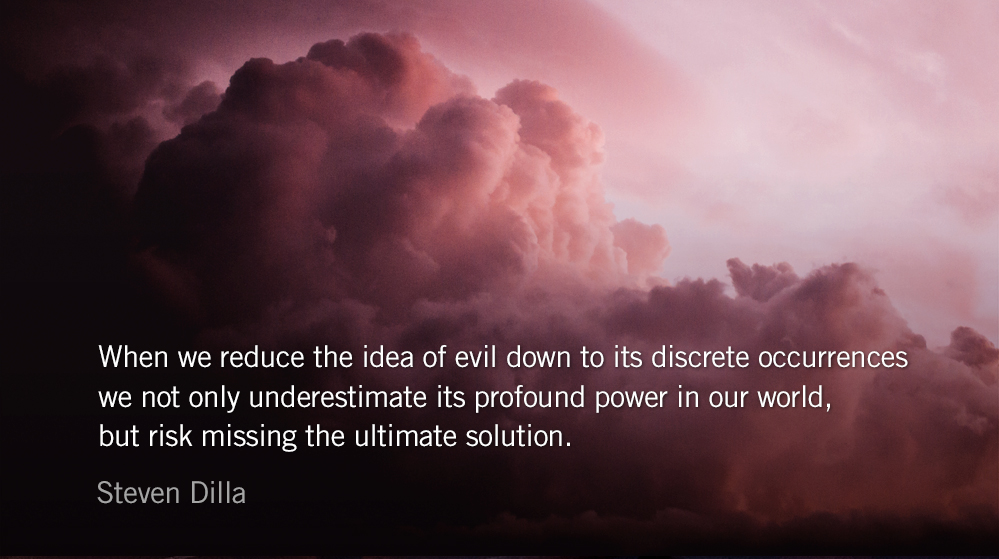Walk about Zion, go around her, number her towers, consider well her ramparts, go through her citadels, that you may tell the next generation that this is God, our God forever and ever. He will guide us forever. — Psalm 48.12–14
What a person does with their success reveals their character. This may be why, as a culture, we are fascinated with movements like The Giving Pledge—where, according to their site, “the world’s wealthiest individuals and families dedicate the majority of their wealth to philanthropy.”
To look at the opposite end of the spectrum, what a person leaves behind in their success reveals their character. For a real-time case study on this we turn to Uber CEO and cofounder Travis Kalanick. Thirteen months ago I wrote:
Uber’s plans for the future don’t appear to be focused around making life better for drivers. The company recently lured 40 robotics engineers away from Carnegie Mellon. Drivers are a stop-gap until the robots take over.
This year the company has taken those 40 robotics engineers and launched Uber Advanced Technologies Center—which, as I write today, is in the process of testing their first self-driving cars in Carnegie Mellon’s hometown of Pittsburgh. Soon-to-be left behind? The first-generation immigrants who make up a majority of Uber’s drivers—not to mention every middle class driver trying to make ends meet.
Uber isn’t a case-study in wickedness (nearly any organization could be used to demonstrate institutional brokenness), nor are any of the philanthropic billionaires exemplars of virtue (a person can give money for scores of self-serving purposes). Yet as we consider the lives of others we find the opportunity to reflect on our own decisions and trajectory.
Success is revealing. This is what makes the prophetic images in Scripture so powerful. What we see, especially in the Psalms and gospels, is what happens when God succeeds.
There is something profound about the imagery in Psalm 48. We are asked to picture ourselves walking in the city of God. The last time humanity walked with God was in the garden—now the garden has been cultivated through God’s grace in our labor and we walk with him again.
What is left behind? Sin. The death and decay of our world, the pain and suffering of living in brokenness—all has been left behind—all that was lost has been restored.
Today’s Reading
Ezekiel 9 (Listen – 2:05)
Psalms 48 (Listen – 1:28)






